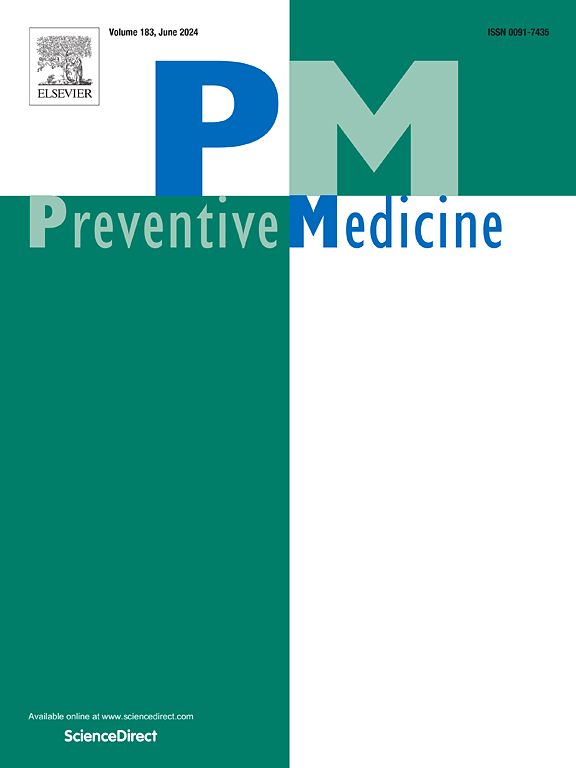Maintaining healthy lifestyle behaviours in the era of social media: Challenges and solutions
IF 3.2
2区 医学
Q1 MEDICINE, GENERAL & INTERNAL
引用次数: 0
Abstract
Objective
To examine the dual role of social media in influencing lifestyle behaviours relevant to chronic disease prevention and to propose strategies that align digital environments with public health objectives.
Methods
This commentary synthesizes recent evidence on the associations between social media use and health behaviours, including physical activity, nutrition, sleep, and sedentary time. It draws on research from public health, behavioural science, and digital media studies to highlight both risks and opportunities.
Results
Evidence shows that prolonged and unregulated social media engagement contributes to increased sedentary time, sleep disruption, poor dietary choices, exposure to targeted marketing of unhealthy products, unrealistic body ideals, and health misinformation. Conversely, social media can be harnessed to promote behaviour change through scalable interventions such as social support, self-monitoring, and goal setting.
Conclusions
Addressing the challenges posed by social media requires coordinated, multi-level strategies. These include redesigning digital environments with health-promoting defaults, regulating harmful commercial exposures, leveraging platforms for evidence-based health promotion, strengthening digital literacy, and introducing school-based smartphone restrictions. Aligning platform design and governance with public health goals is essential to mitigating risks, supporting healthy behaviours, and improving population health outcomes.
在社交媒体时代保持健康的生活方式:挑战和解决方案
目的研究社交媒体在影响与慢性病预防相关的生活方式行为方面的双重作用,并提出使数字环境与公共卫生目标保持一致的战略。这篇评论综合了最近关于社交媒体使用与健康行为(包括身体活动、营养、睡眠和久坐时间)之间关系的证据。它借鉴了公共卫生、行为科学和数字媒体研究方面的研究,以突出风险和机遇。结果有证据表明,长时间和不受监管的社交媒体参与会导致久坐时间增加、睡眠中断、不良饮食选择、接触不健康产品的定向营销、不切实际的身体理想和健康错误信息。相反,社交媒体可以通过社会支持、自我监控和目标设定等可扩展的干预措施来促进行为改变。应对社交媒体带来的挑战需要协调的、多层次的战略。这些措施包括重新设计具有促进健康默认值的数字环境,规范有害的商业暴露,利用基于证据的健康促进平台,加强数字素养,以及引入基于学校的智能手机限制。使平台设计和治理与公共卫生目标保持一致,对于减轻风险、支持健康行为和改善人口健康结果至关重要。
本文章由计算机程序翻译,如有差异,请以英文原文为准。
求助全文
约1分钟内获得全文
求助全文
来源期刊

Preventive medicine
医学-公共卫生、环境卫生与职业卫生
CiteScore
7.70
自引率
3.90%
发文量
0
审稿时长
42 days
期刊介绍:
Founded in 1972 by Ernst Wynder, Preventive Medicine is an international scholarly journal that provides prompt publication of original articles on the science and practice of disease prevention, health promotion, and public health policymaking. Preventive Medicine aims to reward innovation. It will favor insightful observational studies, thoughtful explorations of health data, unsuspected new angles for existing hypotheses, robust randomized controlled trials, and impartial systematic reviews. Preventive Medicine''s ultimate goal is to publish research that will have an impact on the work of practitioners of disease prevention and health promotion, as well as of related disciplines.
 求助内容:
求助内容: 应助结果提醒方式:
应助结果提醒方式:


